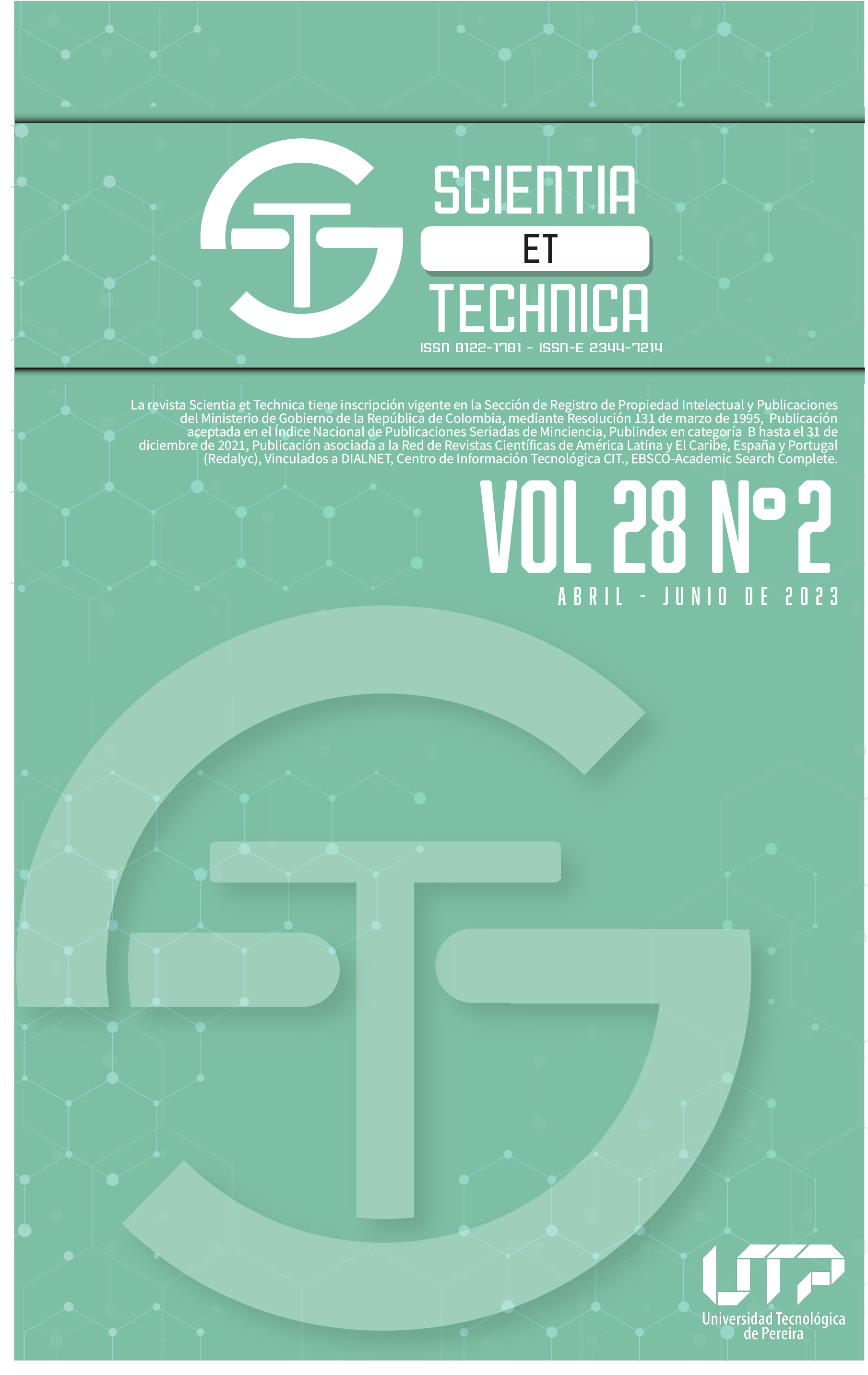ChatGPT y el sesgo en las citas científicas
DOI:
https://doi.org/10.22517/23447214.25393Palabras clave:
ChatGPTDescargas
Citas
[1]. “The matthew effect in science, II - JSTOR, https://www.jstor.org/stable/234750 (accessed Jun. 13, 2023).
[2]. E. Petiska, “Chatgpt cites the most-cited articles and journals, relying solely on google scholar’s citation counts. as a result, AI may amplify the Matthew Effect in Environmental Science,” arXiv.org, https://arxiv.org/abs/2304.06794#:~:text=13%20Apr%202023%5D-,ChatGPT%20cites%20the%20most%2Dcited%20articles%20and%20journals%2C%20relying%20solely,Matthew%20Effect%20in%20environmental%20science (accessed Jun. 12, 2023).
[3]. S. X, “CHATGPT’s citation approach may amplify the Matthew Effect in Environmental Science,” Phys.org, https://phys.org/news/2023-04-chatgpt-citation-approach-amplify-matthew.html (accessed Jun. 12, 2023).
[4]. A. Welborn, “CHATGPT and fake citations,” Duke University Libraries Blogs, https://blogs.library.duke.edu/blog/2023/03/09/chatgpt-and-fake-citations/ (accessed Jun. 12, 2023).
Publicado
Cómo citar
Número
Sección
Licencia
Derechos de autor 2023 Scientia et Technica

Esta obra está bajo una licencia internacional Creative Commons Atribución-NoComercial-CompartirIgual 4.0.
Derechos de autor y licencias
La revista es de acceso abierto gratuito y sus artículos se publican bajo la licencia Creative Commons Atribución/Reconocimiento-No Comercial-Compartir bajo los mismos términos 4.0 Internacional — CC BY-NC-SA 4.0.
Los autores de un artículo aceptado para publicación cederán la totalidad de los derechos patrimoniales a la Universidad Tecnológica de Pereira de manera gratuita, teniendo en cuenta lo siguiente: En caso de que el trabajo presentado sea aprobado para su publicación, los autores deben autorizar de manera ilimitada en el tiempo, a la revista para que pueda reproducirlo, editarlo, distribuirlo, exhibirlo y comunicarlo en cualquier lugar, ya sea por medios impresos, electrónicos, bases de datos, repositorios, discos ópticos, Internet o cualquier otro medio requerido.
Los cedentes mediante contrato CESIÓN DE DERECHOS PATRIMONIALES declaran que todo el material que forma parte del artículo está totalmente libre de derechos de autor de terceros y, por lo tanto, se hacen responsables de cualquier litigio o reclamación relacionada o reclamación relacionada con derechos de propiedad intelectual, exonerando de toda responsabilidad a la Universidad Tecnológica de Pereira (entidad editora) y a su revista Scientia et Technica. De igual forma, los autores aceptan que el trabajo que se presenta sea distribuido en acceso abierto gratuito, resguardando los derechos de autor bajo la licencia Creative Commons Atribución/Reconocimiento-No Comercial- Compartir bajo los mismos términos 4.0 Internacional — CC BY-NC-SA 4.0.
https://creativecommons.org/licenses/by-nc-sa/4.0/
A los autores, la revista Scientia et Technica tiene la obligación de respetarle los derechos morales (artículo 30 de la Ley 23 de 1982 del Gobierno Colombiano) que se les debe reconocen a estos la paternidad de la obra, el derecho a la integridad y el derecho de divulgación. Estos no se pueden ceder ni renunciar.



